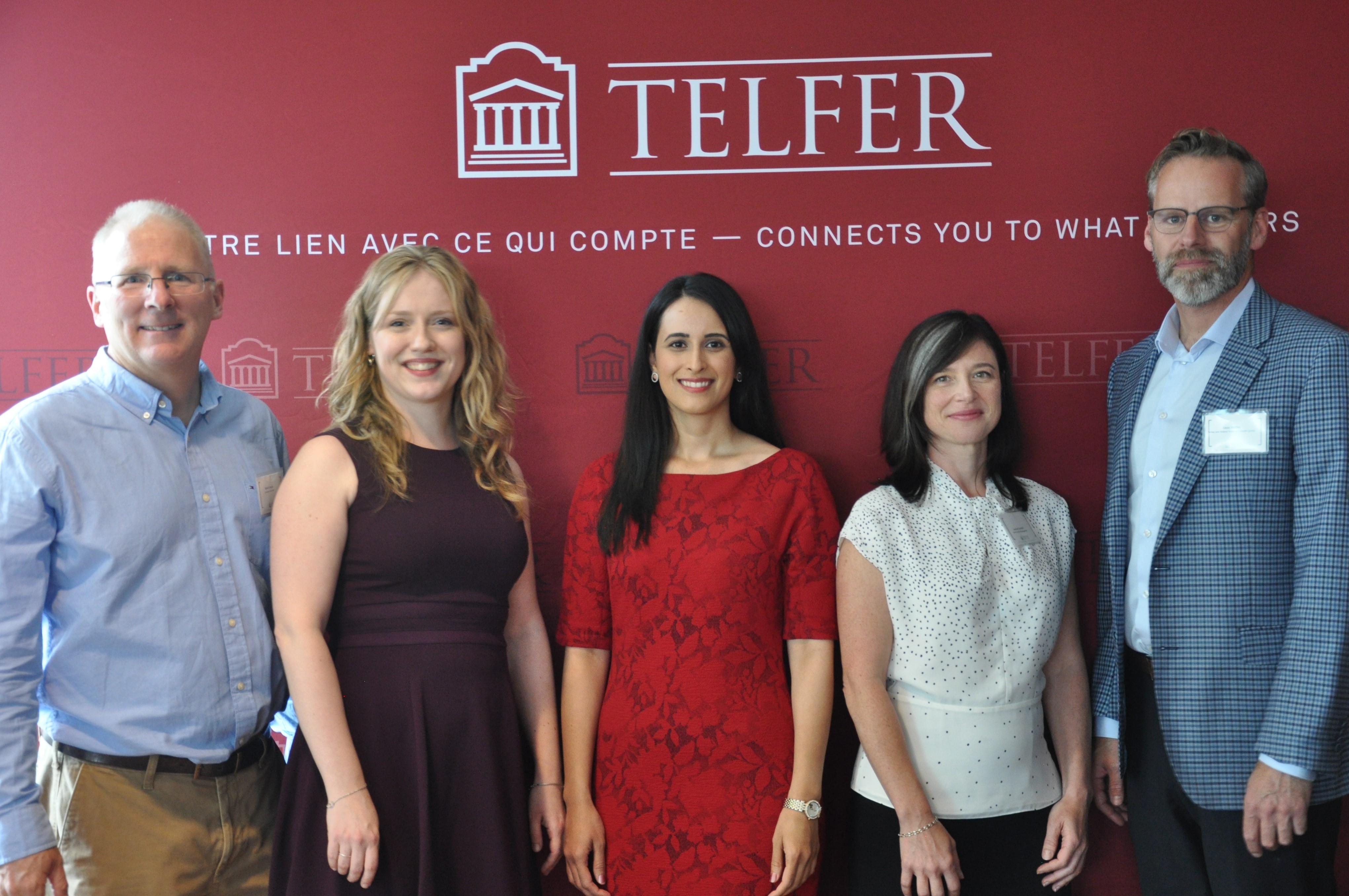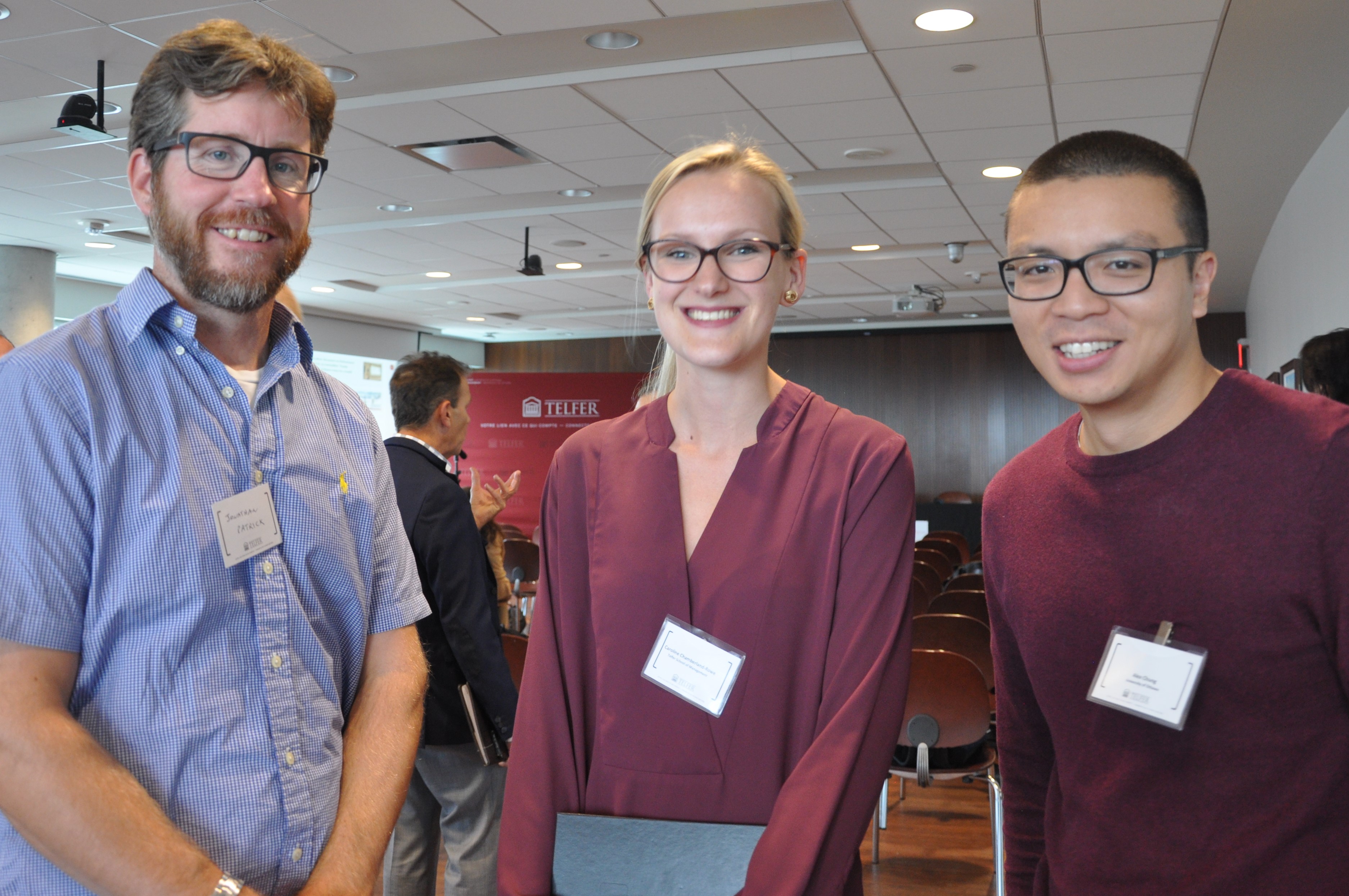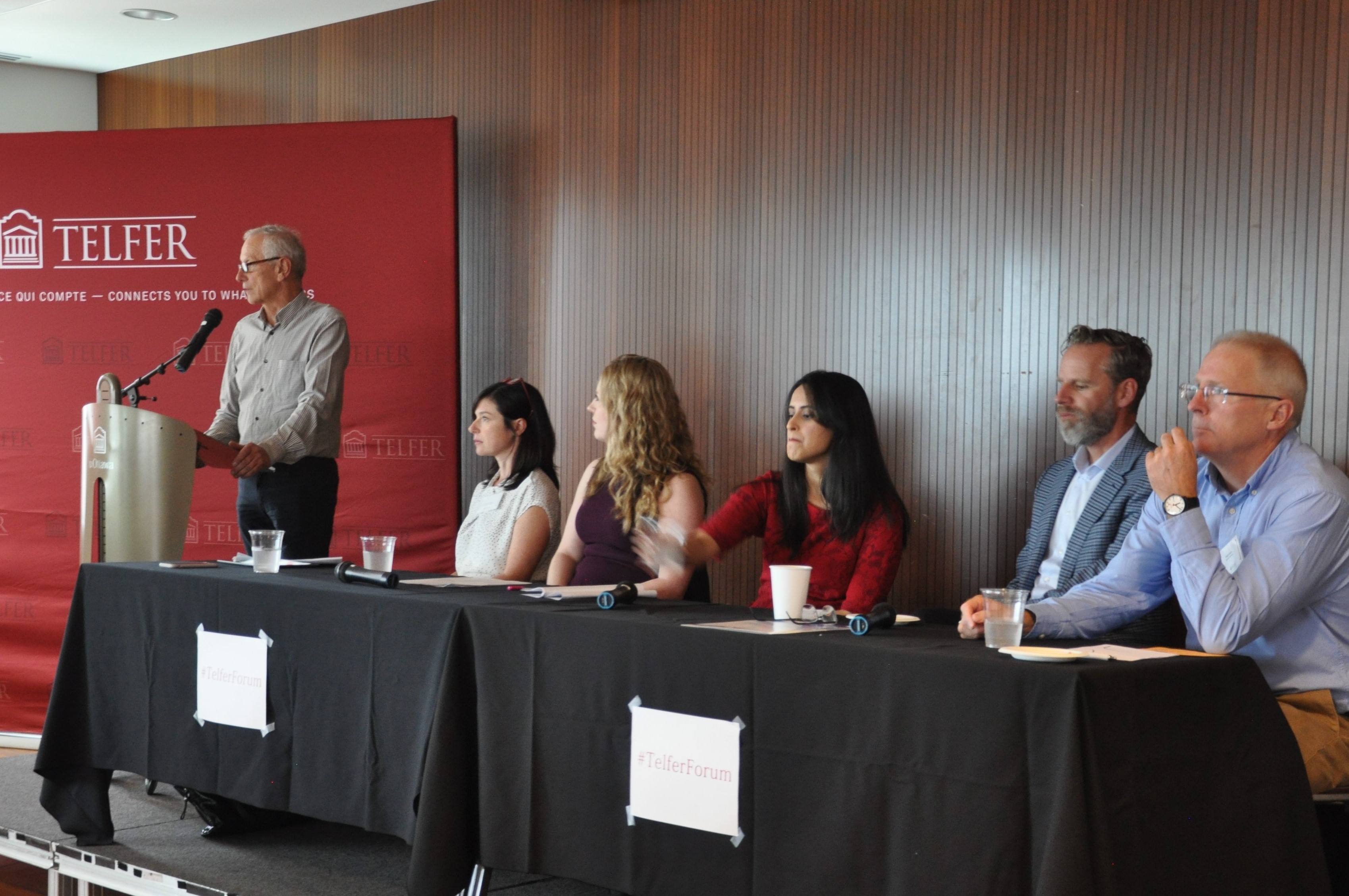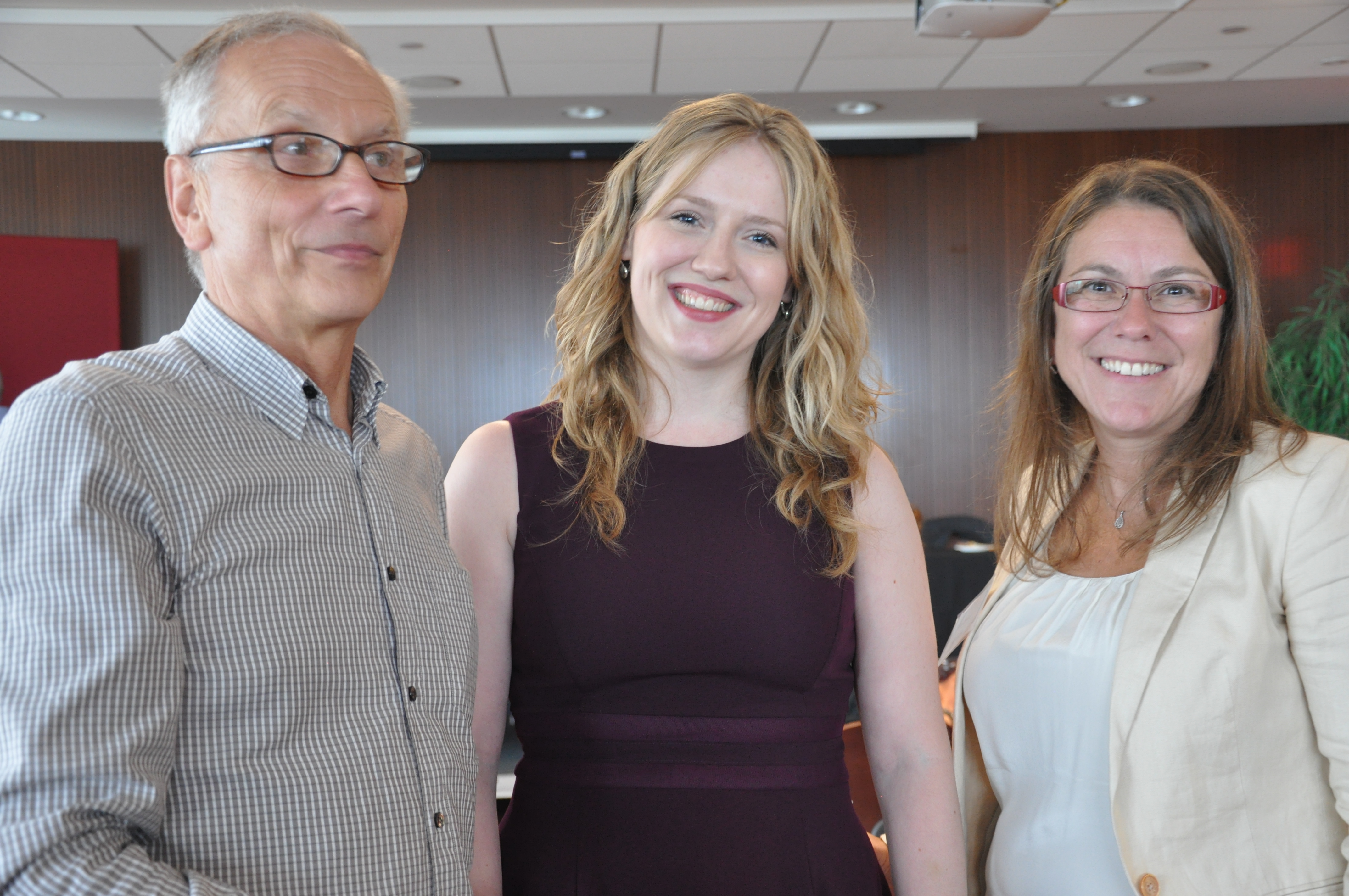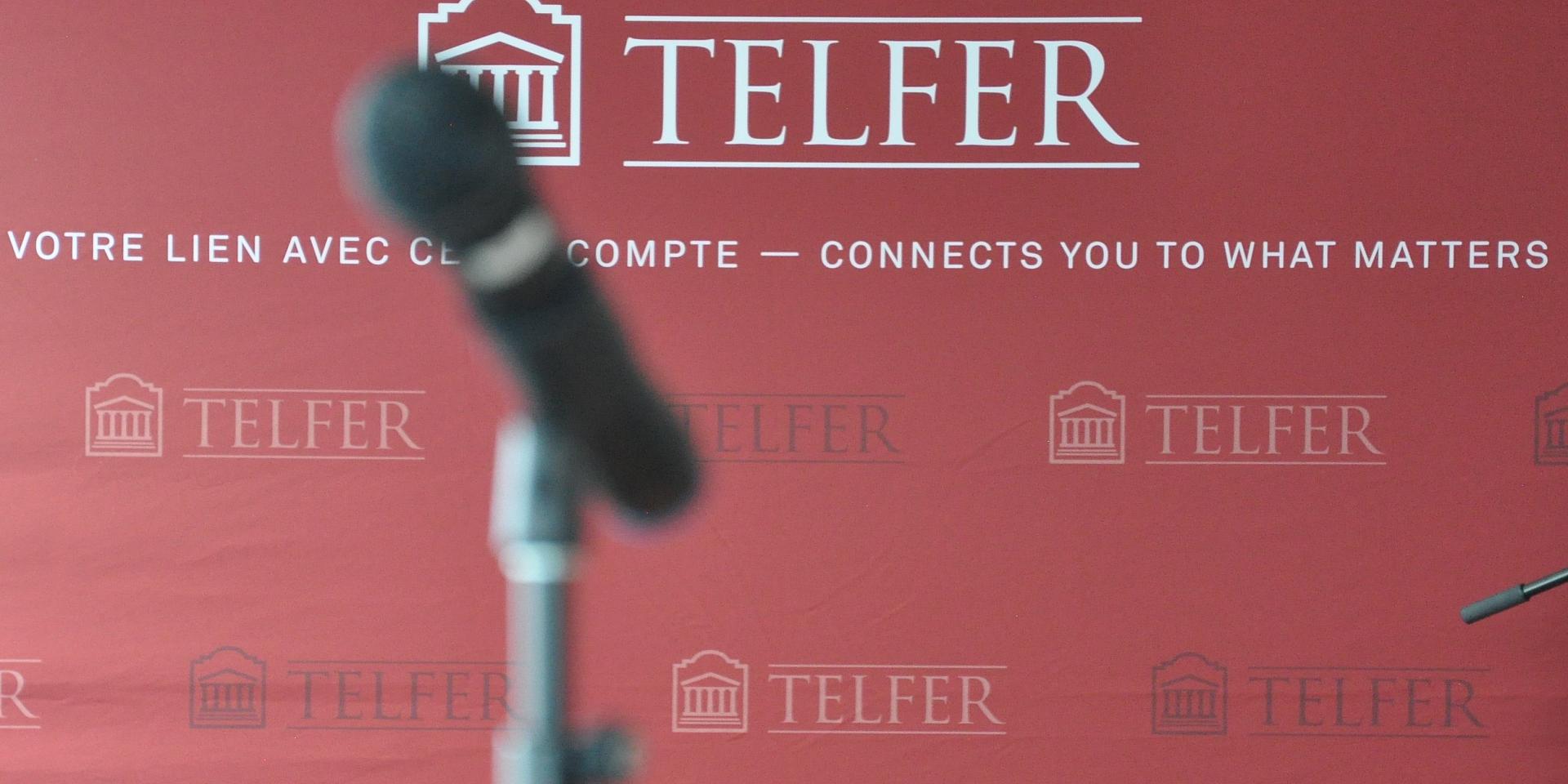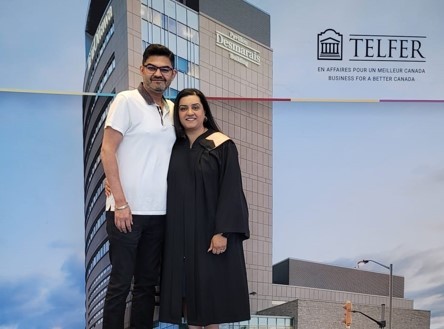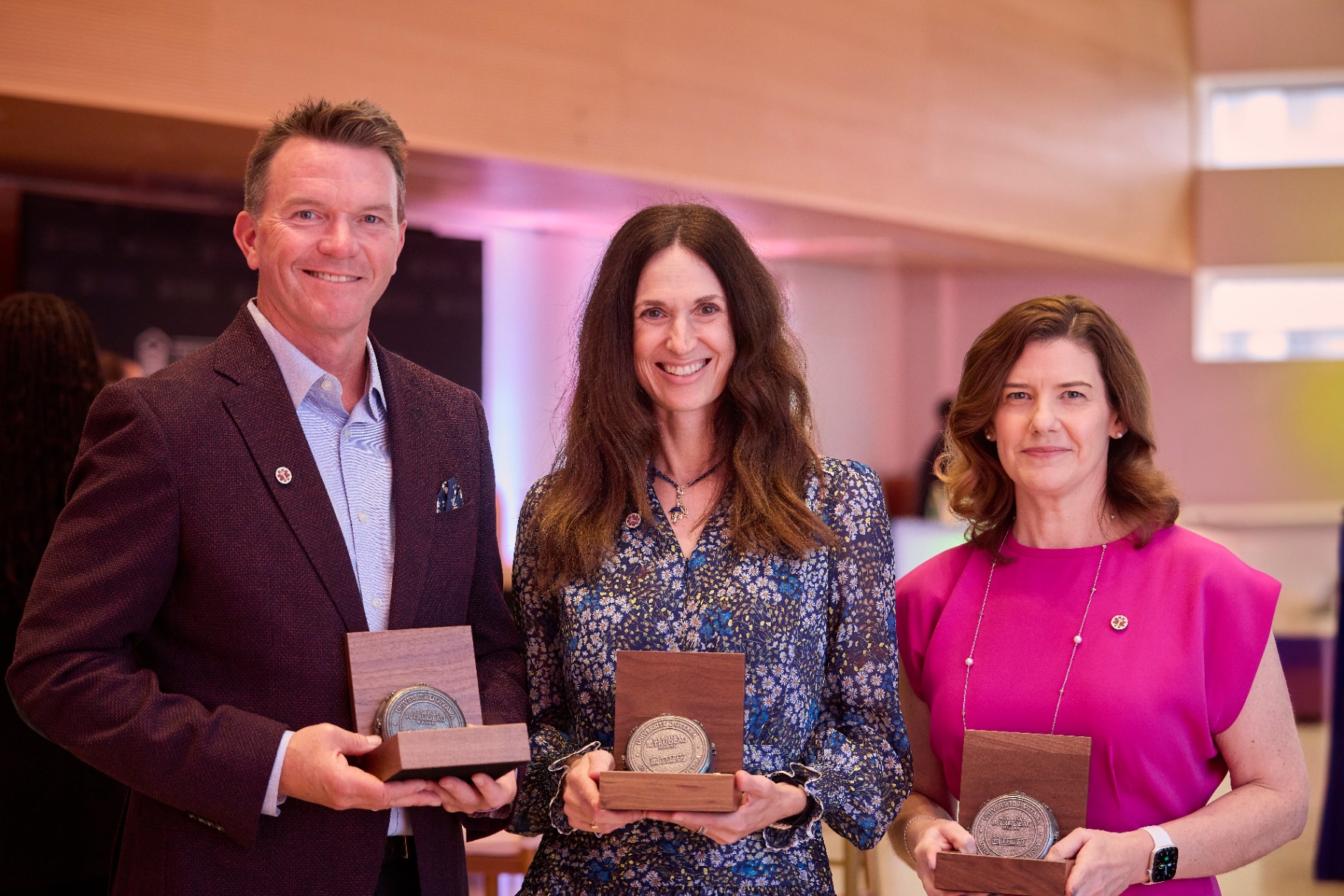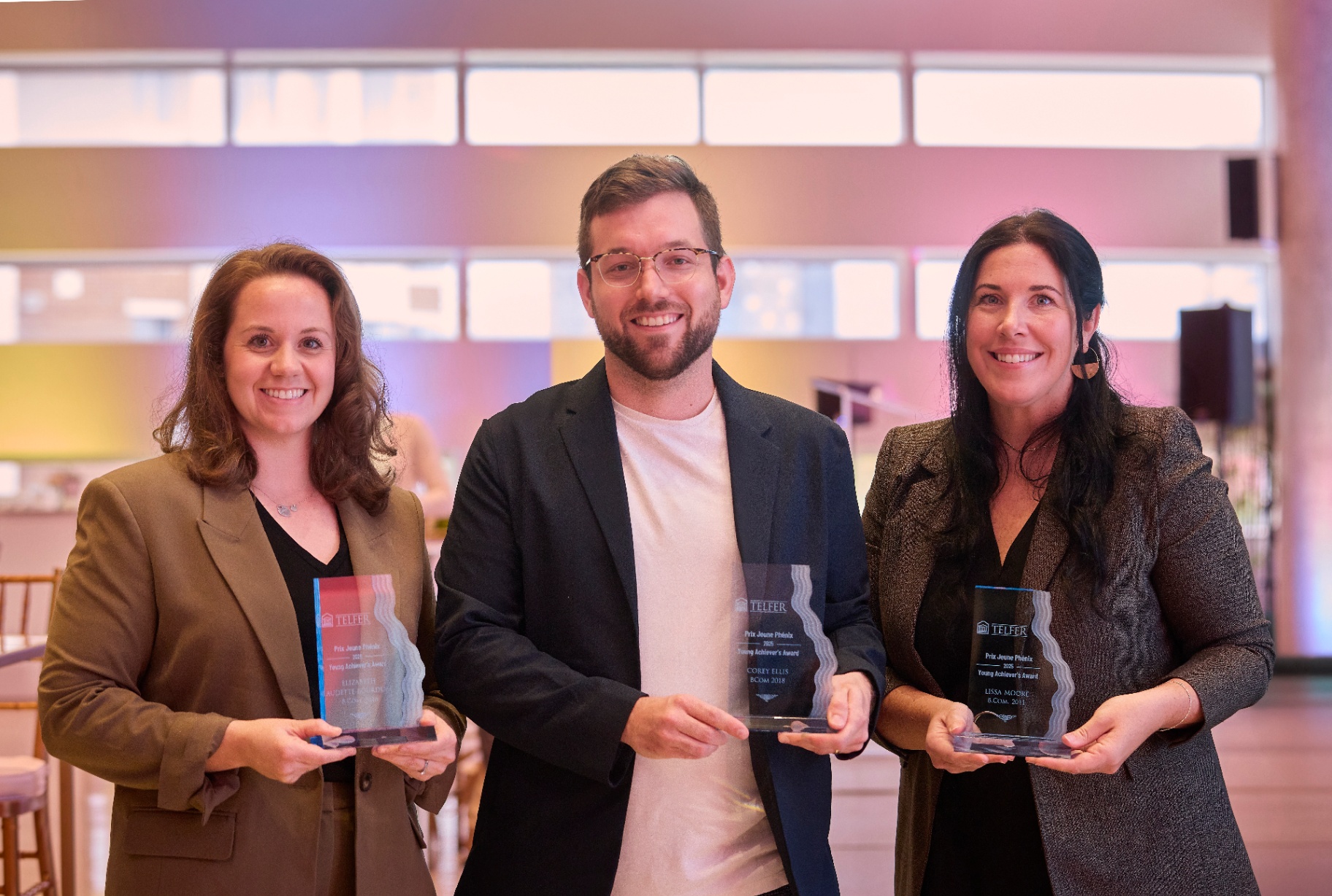On September 11th, the Telfer School of Management held a moderated panel entitled Embracing Complexity in Health: Leadership and Policy Making in a Complicated System. In this Telfer Forum, academics and health leaders explained why health managers should avoid looking for simplistic solutions to overcome the challenges of health systems.
Agnes Grudniewicz (Assistant Professor, Telfer School of Management, University of Ottawa) started the panel with an introduction to some of the theories on complexity and explained how complexity thinking can benefit health organizations.
Robert Geyer (Professor, Lancaster University) explained that “complexity thinking” is not simply a fancy label. Complexity thinking gives health organizations the critical mindset to question easy answers and solutions to a very challenging l system. He shared, “health managers often have to make difficult decisions about which program to prioritize given their limited resources. What’s more important? A program to support care for premature babies or cancer patients? We need to understand there is not an easy way to find the sweet spot.”
Jenna Evans (Staff Scientist, Planning and Regional Programs, Cancer Care Ontario) emphasized the important role leadership plays in health organizations. Approaching the health system as complex also requires a different type of leadership: “one that doesn’t impose, but this however doesn’t mean health managers have to turn on auto pilot and let the system evolve and self-organize. We are talking about a leadership style that that facilitates and supports change in an evolving and constantly changing system.
Akos Hoffer (CEO, The Perley and Rideau Veterans’ Health Centre) closed the panel by sharing with us the reality of leading an organization in a complex health system. He discussed the importance of innovating and taking risks. He also shared some of his journey in helping tackle challenges around the specific needs of alternate level of care patients and frail seniors.
